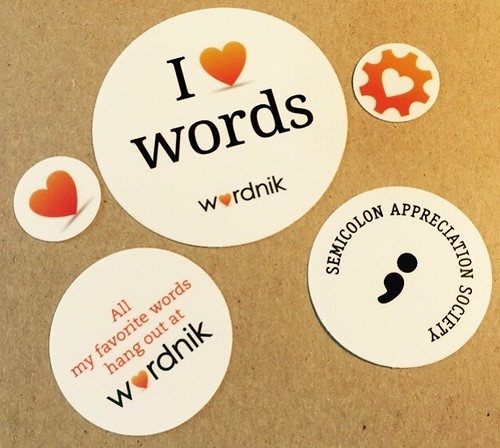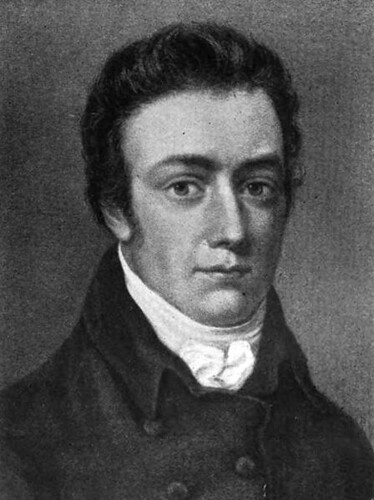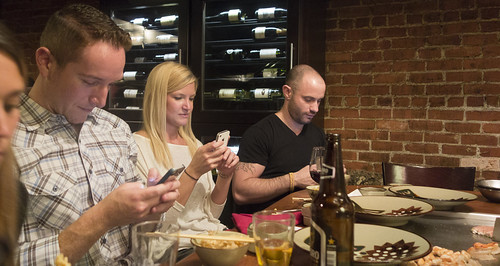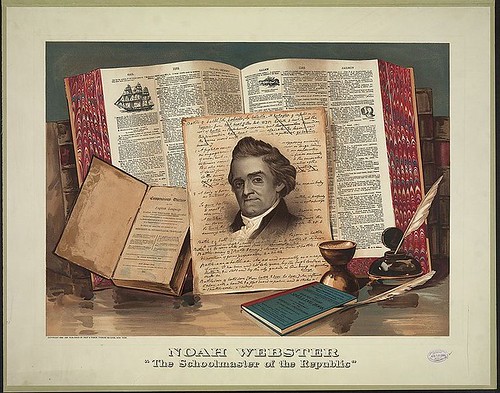Welcome to Word Buzz Wednesday, in which we round up our favorite buzzworthy words of the week. The latest: politics get creepier; a plurality of husbands; South Park’s, uh, ode to a genre of anime.
know-nothingism
“This shift in expectations is the antidote both to the statist vision of the Democratic left and the incoherent policy know-nothingism of some GOP candidates.”
Glenn Hubbard, “It’s Time for Candidates to Get Serious About the Economy,” Politico, November 1, 2015
The know-nothings were a “political party in the United States during the 1850s that was antagonistic toward recent immigrants and Roman Catholics.” The name comes from the fact that, if asked about this secret society, members were supposed to answer, “I know nothing.” The know-nothings eventually merged with the Republican Party.
neuropolitics
“Many political parties and campaigns are loath to talk about their forays into neuropolitics, with many disavowing them or saying they did not believe the research was widely used.”
Kevin Randall, “Neuropolitics, Where Campaigns Try to Read Your Mind,” The New York Times, November 3, 2015
Neuropolitics is the practice of using voter data and insights to tweak political campaigns. It’s a take on neuromarketing, which uses “technologies like facial coding, biofeedback and brain imaging” to push “the boundaries of marketing and product development.”
During his campaign, the current president of Mexico used “tools to measure voters’ brain waves, skin arousal, heart rates and facial expressions.” In Turkey, the prime minster used a neuromarketing company who, based on factors such as brain waves and heart rates, discovered that the official “was not emotionally engaging voters in his speeches.”
polyandry
“Polyandry has been practiced before in China, particularly in impoverished areas, as a way to pool resources and avoid the breakup of property.”
Didi Kirsten Tatlow, “Not Enough Women in China? Let Men Share a Wife, an Economist Suggests,” The New York Times, October 26, 2015
Polyandry is a “plurality of husbands” — in other words, having more than one husband at a time. The word comes from the Greek polyandria, where poly- means “many” and –andry is from aner, “man, husband.”
womenomics
“Abe’s ‘womenomics’ policy aims to put more women to work to counter a chronically low birthrate and shrinking workforce, but a business culture in which long hours are routine makes it more difficult for women to get ahead.”
Mari Yamaguchi, “‘Womenomics’ makes small chips in Japan’s glass ceiling,” AP, October 27, 2015
Womenomics, a blend of women and economics, is the idea that gender equality in the workforce will lead to economic growth.
yaoi
“On Monday, the folks at South Park asked fans to submit ‘romantic’ artwork of Tweek and Craig, as this week’s episode would revolve around Asian Students drawing ‘yaoi’ of the boys.”
Chet Manley, “‘South Park’ Decided To Bring Attention To Yaoi, And The Internet Reacted Accordingly,” Uproxx, October 29, 2015
Also called Boys’ Love, yaoi is a genre of Japanese anime and manga that focuses on romantic relationships between male characters, and is popular among girls and women. The term is apparently a shortening of the Japanese Yama nashi, ochi nashi, imi nashi, “no climax, no point, no meaning,” which seems to refer to the manga’s loose and untraditional narrative structure.






